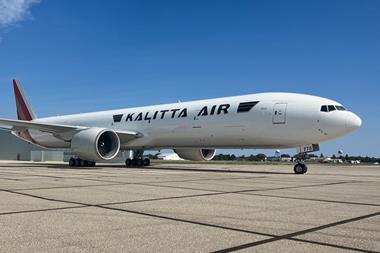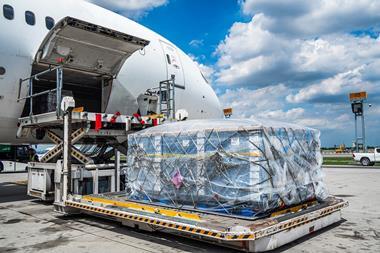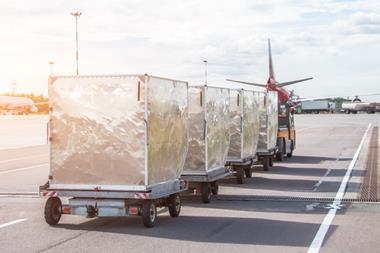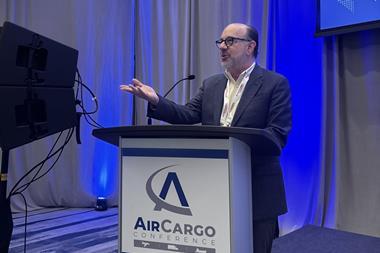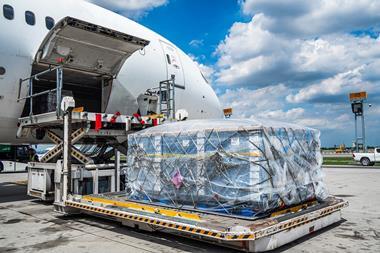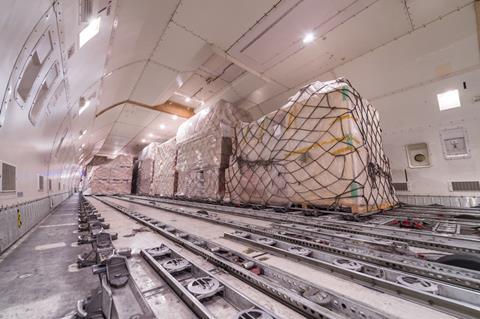
The US administration has trained an elephant gun on the cash cow of air cargo. At a stroke the president’s executive order to nix the de minimis exemption of e-commerce imports from China dealt a body blow to the chief engine of recent air cargo growth.
As with tariffs on all goods entering the US from Canada and Mexico, the new US government flip-flopped on the de minimis issue.
Predictably the US Customs and Border Protection (CBP) agency was not geared up to perform customs clearance of a tsunami of parcels, resulting in a rapid pile-up of shipments at US airports. Over a million were stranded at JFK airport when the new mandate was paused.
CBP has been tasked to collaborate with other government agencies to deploy adequate systems “to fully and expediently process and collect tariff revenue” for review by 1 April.
Industry experts doubt that the agency can be ready by then, but a delay merely postpones the inevitable.
While the US administration has shown that it views tariffs as bargaining chips in trade negotiations, the e-commerce segment harbours a toxic mix of fentanyl and other illicit drugs, contraband and counterfeit goods, which makes it more difficult for Washington to perform an about-face on its rhetoric so far.
In any case, the genie of e-commerce is not going to return to the bottle. Like water, trade has found alternative routes when faced with obstacles.
A trade war can stifle it, but it won’t disappear completely. What route it takes remains to be seen, but the odds are stacked against a continuing heavy reliance on airfreight that gobbles up capacity.
Some Chinese e-tailers have already taken steps to wean themselves off direct shipping by air to the US, which was made possible by the de minimis exemption.
Over the past year, Temu shifted a growing amount of product to ocean freight feeding its increasing warehouse footprint in North America.
In addition, it has courted North American sellers to use its platform. Within months this contingent grew to account for 20% of Temu’s US sales.
If demand from e-commerce slumps, what’s going to take up the slack for airfreight? Industrial demand, the traditional driver, was sluggish last year, with manufacturing PMIs in Europe and the US in contraction and Chinese exports kept aloft by fears of disruption and trade conflict.
A trade war is unlikely to unleash a spurt in manufacturing.





